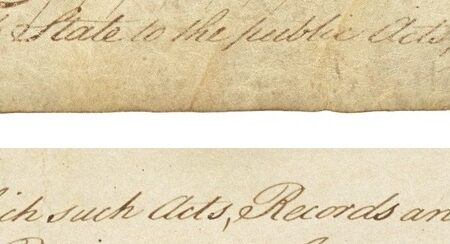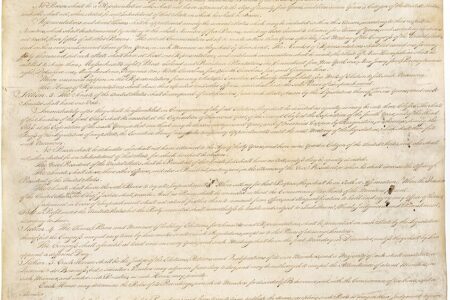
Response
Alternative Action After SFFA
by Kim Forde-Mazrui
Prof. Kim Forde-Mazrui of the University of Virginia responds to Sonja Starr’s print Article, The Magnet School Wars and the Future of Colorblindness. Forde-Mazrui argues that even if courts adopt the “ends-colorblindness” framework described by Starr, “alternative action” policies meant to promote diversity may still be constitutionally permissible.









